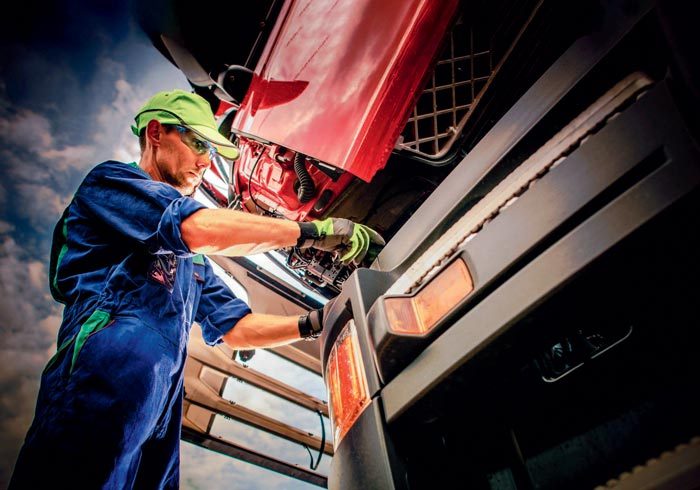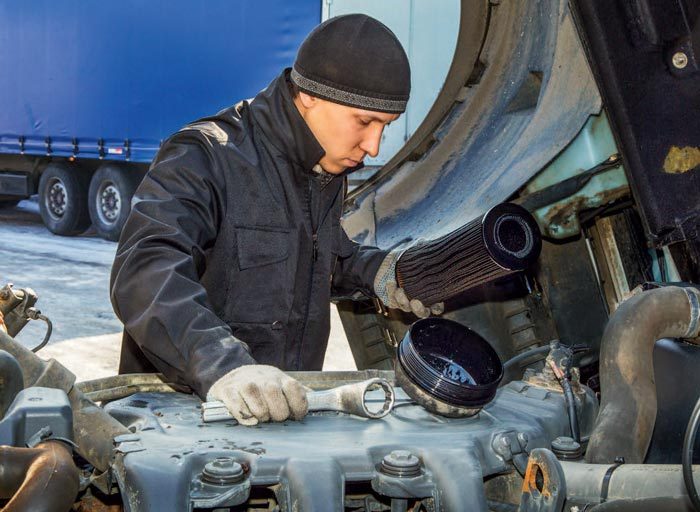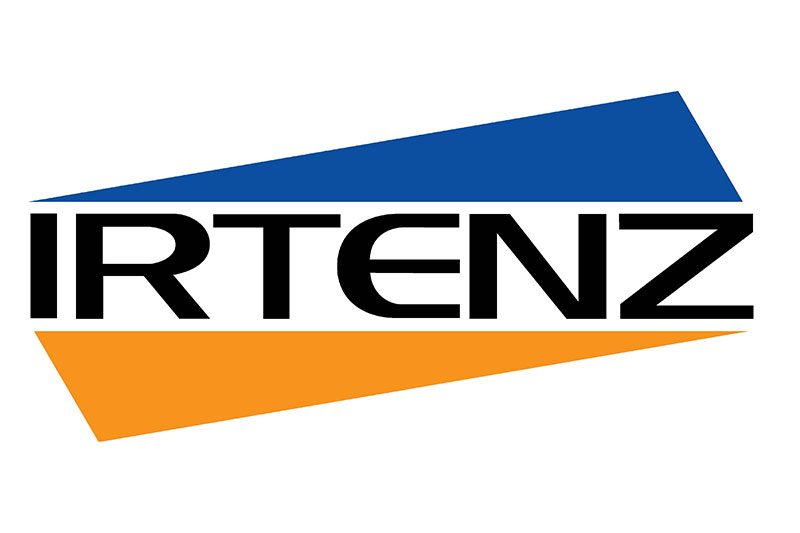We are now coming out of a situation that none of us has ever seen before. For some heavy vehicle operators it has been a feast (albeit without the sweetener of a return load), for many others a famine, with vehicles parked up and drivers, along with many of the rest of us, with next to nothing to do and limited funds to do it with.

This has been a very hard time for operators; those with work have been extremely busy delivering to supermarkets and other essential services, but often with reduced margins as they have been unable to supplement their ‘essential‘ loads with goods considered ‘non-essential.‘ Others without ‘essential‘ customers have had to park up their vehicles. In both these scenarios, combined with the NZ Transport Agency being less visible and the police concentrating on other things, it will have been almost overwhelmingly tempting to do what shows up in the annual reports of many businesses and defer maintenance. While this can be a rational and reasoned approach, especially given that, in many cases, service providers have also been limited in their ability to manage their customers‘ maintenance requirements, it is essential that possible consequences be considered.
• The law requires that you maintain your vehicles in a safe and compliant manner at all times, so noncompliance can be risky.
• As we come out of the various stages of lockdown the enforcement authorities (both the NZTA and police) are going back to focusing on the heavy transport sector for both compliance and safety, and some of those fines can really hurt.
• Delays caused by roadside stops of non-compliant vehicles can be hugely disruptive to your schedules (and those of your customers).
• As transport operators you depend on your TSL, and the easiest way to lose it is for the NZTA to conclude you are not a ‘fit and proper person‘ to operate a heavy transport business. You can easily attain this status by having poorly maintained or non-compliant vehicles.
• Reduced or deferred maintenance, unless well reasoned and managed, is likely to result in unplanned, repeated, and expensive repairs or breakdowns that can disrupt your business and annoy your customers.
• Some maintenance and compliance issues result in considerable additional operating costs and can even cause major accidents.
These include faulty brakes (rollovers and crashes), binding brakes (overheating, leading to excess fuel use and even fires), wheel bearing failure (leading to overheating and failure, possible wheel loss or fire), electrical faults or frayed wiring (leading to loss of power and a breakdown, even fire). The list goes on. There is are further considerations if you are taking advantage of the NZTA‘s deferral of CoF expiries until October. The first is, whether or not your vehicle has a CoF, it is legally required to be safe and compliant on the road.
The second is that if you wait to the last minute to present your vehicle for its CoF, you will be lining up with all the other people doing the same thing, so instead of a couple of hours you may as well cancel a whole day or even more.
To ensure you have a viable and sustainable business going into the future, make sure you have a comprehensive fleet management programme that includes a formal, daily walkaround inspection, preferably at the start and end of every shift, and a programmed maintenance regime. This downtime must be scheduled and can justifiably be reflected in your contract rates.

Read more
IRTENZ Conference 2023 – PBS
0 Comments12 Minutes
IRTENZ Conference 2023
0 Comments12 Minutes
IRTENZ Conference 2023
0 Comments20 Minutes


